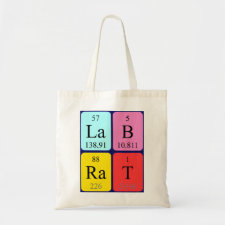
Authors: Zaidi SA
Article Title: Effective imprinting of an anticancer drug, 6-thioguanine, via mussel-inspired self-polymerization of dopamine over reduced graphene oxide.
Publication date: 2019
Journal: Analyst
Volume: 144
Issue: (7)
Page numbers: 2345-2352.
DOI: 10.1039/C8AN02348D
Abstract: Apart from being a vital catecholamine molecule responsible for the proper functioning of the central nervous system (CNS), hormonal and renal systems, dopamine (DA) has also been increasingly employed as a functional monomer in the fabrication of surface molecular imprinting polymers (MIPs) for valuable analytes. Herein, we demonstrate the effective imprinting of 6-thioguanine (6-TG), an anticancer drug, via mussel-inspired self-polymerization of dopamine conducted in a weakly alkaline solution over reduced graphene oxide (rGO). The polymerization of 6-TG resulted into a thin polydopamine (PDA) film of 8.4 nm thickness. Removal of 6-TG molecules from this imprinted PDA film created numerous cavities of 6-TG. The electrochemical investigation of MIP electrodes found an excellent electrocatalytic activity toward 6-TG with a significant decrease in the over-potential as compared to that of the bare glassy carbon electrode (GCE). This can be attributed to the graphene's distinct physical and chemical features such as subtle electronic characteristics, an attractive π-π interaction as well as the strong adsorptive capability of MIP films. This electrochemical sensor displayed a high selectivity owing to the specific imprinted cavities for adrenaline and worked well over a wide linear concentration range of adrenaline between 0.0015 and 50 μM with a detection limit (LOD) of 0.25 nM and good reproducibility and stability. Our system depicts excellent recoveries from 97.0% to 100.6% for two different samples of urine and thioguanine drugs. These results show the great potential of our system with multiple advantages, including convenient fabrication and optimization, high sensitivity and selectivity, high reproducibility and stability, and cost-effectiveness
Template and target information: 6-thioguanine, 6-TG



Join the Society for Molecular Imprinting

New items RSS feed
Sign-up for e-mail updates:
Choose between receiving an occasional newsletter or more frequent e-mail alerts.
Click here to go to the sign-up page.
Is your name elemental or peptidic? Enter your name and find out by clicking either of the buttons below!
Other products you may like:
 MIPdatabase
MIPdatabase









